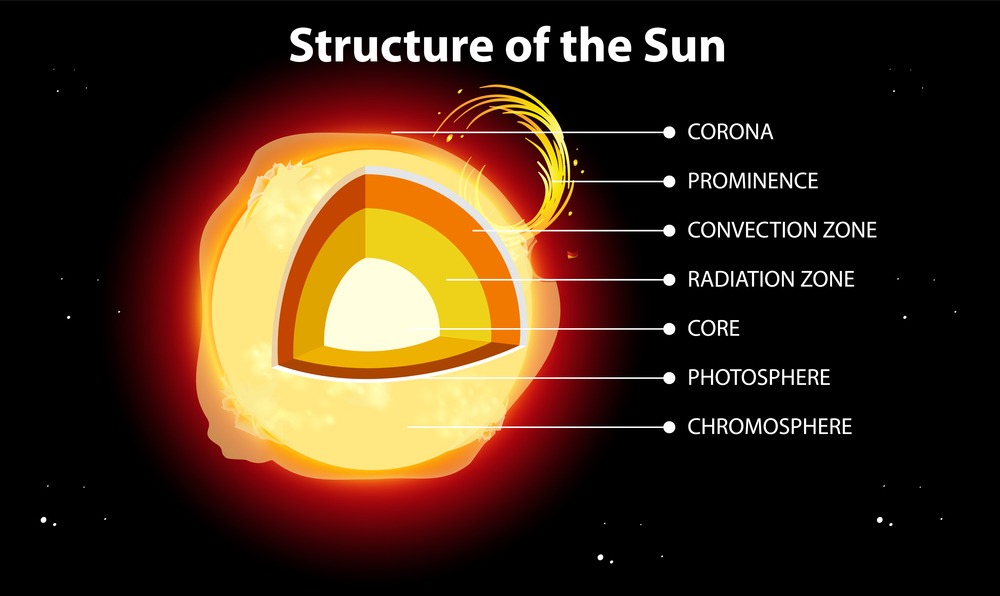Thought experiment exploring the potential effects of primordial black holes on newly forming stars. Discover how these “Hawking stars” could hold clues to verifying the existence of primordial black holes.
This article from Phys.org delves into a fascinating hypothetical scenario involving the infusion of primordial black holes into newly forming stars and the subsequent evolution of these celestial bodies. The research, led by the Max Planck Institute for Astrophysics, explores the concept of “Hawking stars” and their potential implications.
An international team led by researchers at the Max Planck Institute for Astrophysics has investigated the theoretical concept of “Hawking stars,” postulating that small, primordial black holes could be captured during the formation of new stars.
These black holes, if captured by new stars, could have a wide range of masses, from as small as an asteroid to thousands of solar masses, potentially serving as a component of dark matter and seeding supermassive black holes at galaxies’ cores.
The research team modeled the evolution of such “Hawking stars” and surprisingly found that stars housing smaller black holes are virtually indistinguishable from normal stars. This suggests that stars could host black holes without apparent observable effects at their surface.
However, differences might manifest near the core due to the black hole’s presence, potentially detectable through asteroseismology, a field utilizing acoustic oscillations to probe stellar interiors.
While current detection capabilities might miss these black hole-infused stars, upcoming projects like PLATO could provide opportunities for their discovery. Further simulations are needed to explore the implications of black holes in stars of various masses and metallicities.
The theoretical concept of Hawking stars poses intriguing possibilities for identifying primordial black holes, potentially serving as a tool to validate their existence and investigate their role as dark matter.
Exploring the potential existence of Hawking stars not only offers insights into the dynamics of black holes within stellar systems but also presents opportunities to investigate the presence of primordial black holes and their significance in understanding dark matter.
The theoretical exploration of Hawking stars presents an innovative approach to studying the potential existence of primordial black holes, raising prospects for future astronomical discoveries and deepening our understanding of cosmic phenomena.
The study on Hawking stars unveils intriguing connections between primordial black holes and stellar evolution, offering promising avenues to explore these enigmatic celestial bodies and their potential role in the cosmos.
Research based on materials from Phys.org



